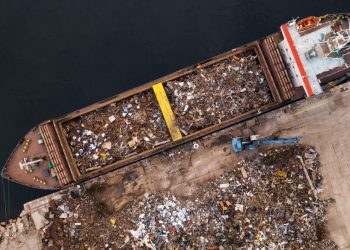The Philippines became the latest country to accede to the IMO instrument providing rules for the prevention of air pollution from ships and energy efficiency requirements. This brings the total number of ratifications of MARPOL Annex VI to 90, representing 96.5% of world merchant shipping tonnage.
MARPOL Annex VI puts a limit to the main air pollutants contained in ships exhaust gas, including sulphur oxides and nitrous oxides, and it does not allow deliberate emissions of ozone depleting substances. It also includes energy-efficiency measures to reduce GHG emissions from ships.
The Philippines also deposited its instruments of accession to the 1988 Protocol to the International Convention on Load Lines (LL), 1966; and the 1978 Protocol to the International Convention for the Safety of Life at Sea (SOLAS), 1974.
[smlsubform prepend=”GET THE SAFETY4SEA IN YOUR INBOX!” showname=false emailtxt=”” emailholder=”Enter your email address” showsubmit=true submittxt=”Submit” jsthanks=false thankyou=”Thank you for subscribing to our mailing list”]
His Excellency Mr. Gilberto Asuque, Deputy Chief of Mission, Permanent Representative of the Philippines to IMO at the Embassy of the Republic of the Philippines in the United Kingdom, handed over the instruments of accession to Mr. Fred Kenney, Director, Legal Affairs and External Relations division, IMO, during the 105th session of the IMO Legal Committee.
As a lead pilot country in the Global Maritime Energy Efficiency Partnerships Project (GloMEEP Project), the Philippines has received technical cooperation support for the accession and implementation of MARPOL Annex VI. GloMEEP aims to support the implementation of energy efficiency measures for shipping, in order to reduce GHG emissions from shipping.




























































